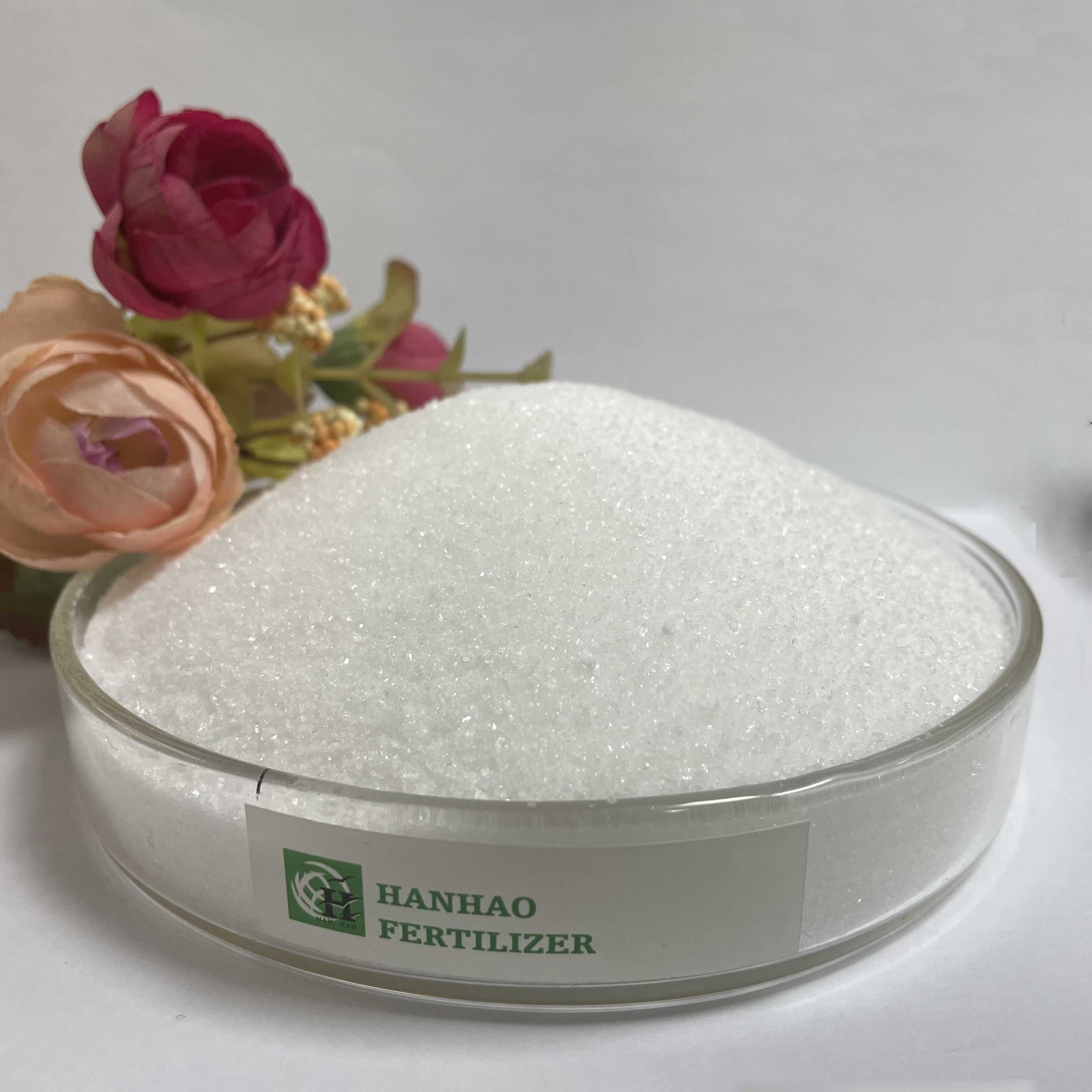
Ago . 10, 2024 23:20 Back to list
Exploring the Benefits and Applications of Heavy Nitrogen Fertilizer in Modern Agriculture Practices
The Role of Heavy Nitrogen Fertilizers in Agriculture
Heavy nitrogen fertilizers have become a cornerstone in modern agriculture, playing a crucial role in enhancing crop yields and ensuring food security. These fertilizers, primarily composed of nitrogen in the form of ammonium, nitrate, or urea, are essential for promoting plant growth and development. Understanding the significance, benefits, and environmental implications of heavy nitrogen fertilizers is vital for sustainable agricultural practices.
The Importance of Nitrogen in Agriculture
Nitrogen is one of the three primary macronutrients required by plants, alongside phosphorus and potassium. It is a key component of amino acids, the building blocks of proteins, and is vital for the synthesis of chlorophyll, which is necessary for photosynthesis. A deficiency in nitrogen can lead to stunted growth, yellowing of leaves, and ultimately reduced crop yields. To mitigate these issues, farmers often apply heavy nitrogen fertilizers to ensure that their crops have an adequate nitrogen supply throughout the growing season.
Benefits of Heavy Nitrogen Fertilizers
1. Increased Crop Yield The most significant benefit of heavy nitrogen fertilizers is the dramatic increase in crop yield. Studies have shown that appropriate usage can enhance productivity by up to 50%. This is particularly crucial in regions with high population densities where food production must keep pace with growing demands.
2. Enhanced Growth Rates Nitrogen fertilizers promote faster growth rates in plants. This is especially important for crops with short growing seasons, as it allows farmers to maximize their output within limited time frames.
heavy nitrogen fertilizer

3. Versatility Heavy nitrogen fertilizers can be applied in several forms, including granular, liquid, and slow-release varieties, making them adaptable to different soil types and crop requirements. Their versatility allows for targeted and precise applications, maximizing efficiency and effectiveness.
4. Cost-Effectiveness In comparison to other fertilizers, heavy nitrogen fertilizers are often more economical and provide a higher return on investment, making them an attractive option for farmers looking to maximize profitability.
Environmental Considerations
While heavy nitrogen fertilizers offer numerous advantages, their use is not without environmental concerns. Over-application can lead to leaching, where excess nitrogen is washed away into waterways, causing nutrient pollution. This phenomenon can result in harmful algal blooms, depleting oxygen levels in water bodies and harming aquatic life. Additionally, nitrogen fertilizers contribute to greenhouse gas emissions, particularly nitrous oxide, which is a potent greenhouse gas.
To mitigate these negative impacts, farmers are encouraged to adopt best management practices, such as soil testing to determine appropriate application rates, implementing crop rotation, and utilizing cover crops that can fix atmospheric nitrogen. Furthermore, the development of slow-release and controlled-release fertilizers can help reduce the risk of leaching and provide a more steady nutrient supply to crops, minimizing environmental damage.
Conclusion
Heavy nitrogen fertilizers remain a fundamental element of modern agriculture, significantly contributing to increased food production and economic stability. However, their use must be balanced with environmental stewardship to ensure sustainable agricultural practices for future generations. By employing responsible application methods and embracing innovative fertilizer technologies, farmers can harness the benefits of heavy nitrogen fertilizers while minimizing their ecological footprint, ultimately paving the way for a more sustainable agricultural landscape.
-
Premium Organic Manure Compost for Eco Gardens
NewsAug.01,2025
-
Organic 10-10-10 Fertilizer | Balanced Plant Nutrients
NewsJul.31,2025
-
Premium Amino Acid Fertilizer | Rapid Plant Growth Booster
NewsJul.31,2025
-
10 10 10 Fertilizer Organic—Balanced NPK for All Plants
NewsJul.30,2025
-
Premium 10 10 10 Fertilizer Organic for Balanced Plant Growth
NewsJul.29,2025
-
Premium 10 10 10 Fertilizer Organic for Balanced Plant Growth
NewsJul.29,2025
